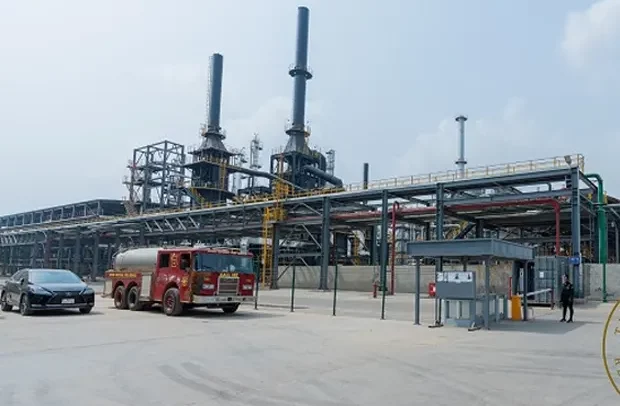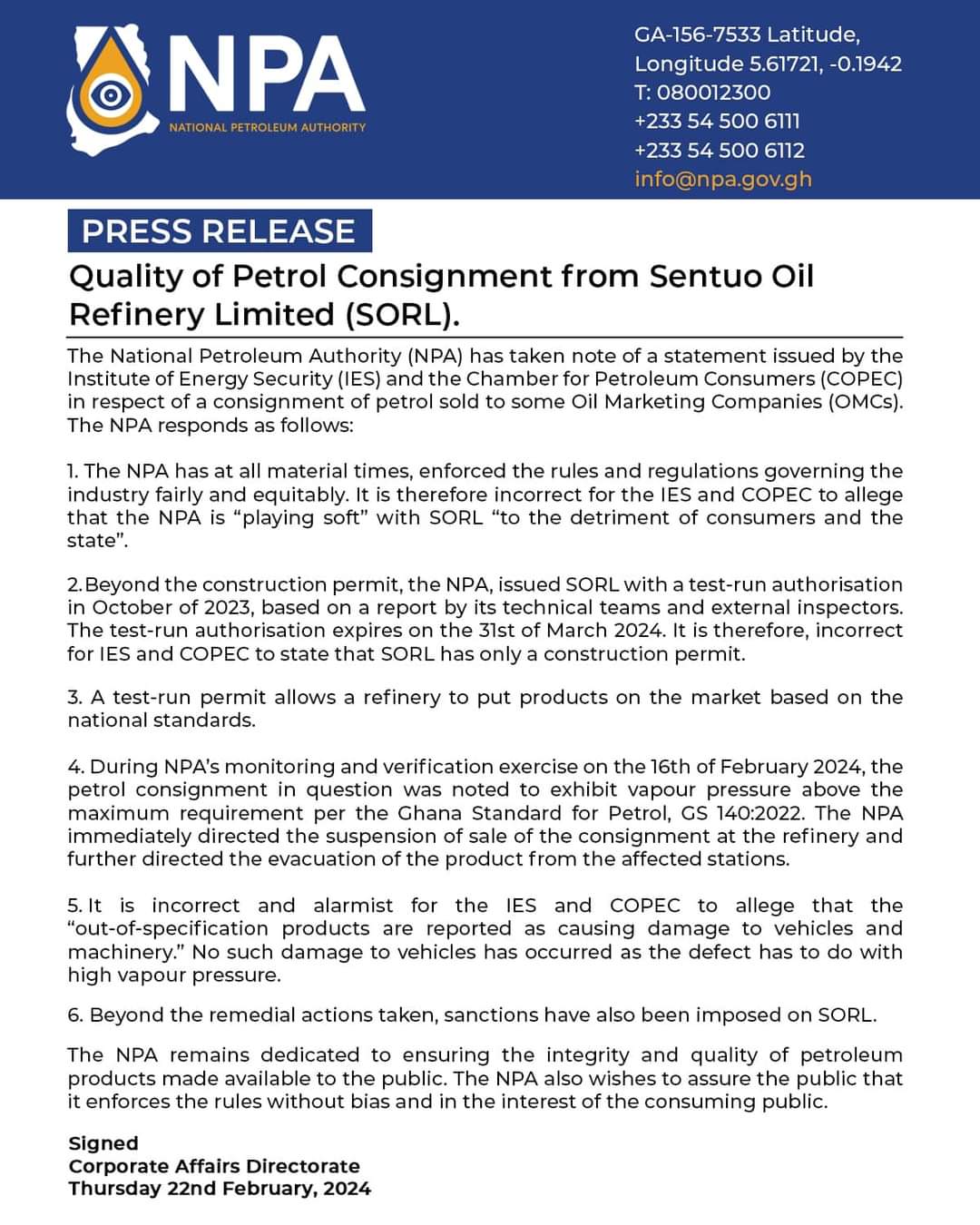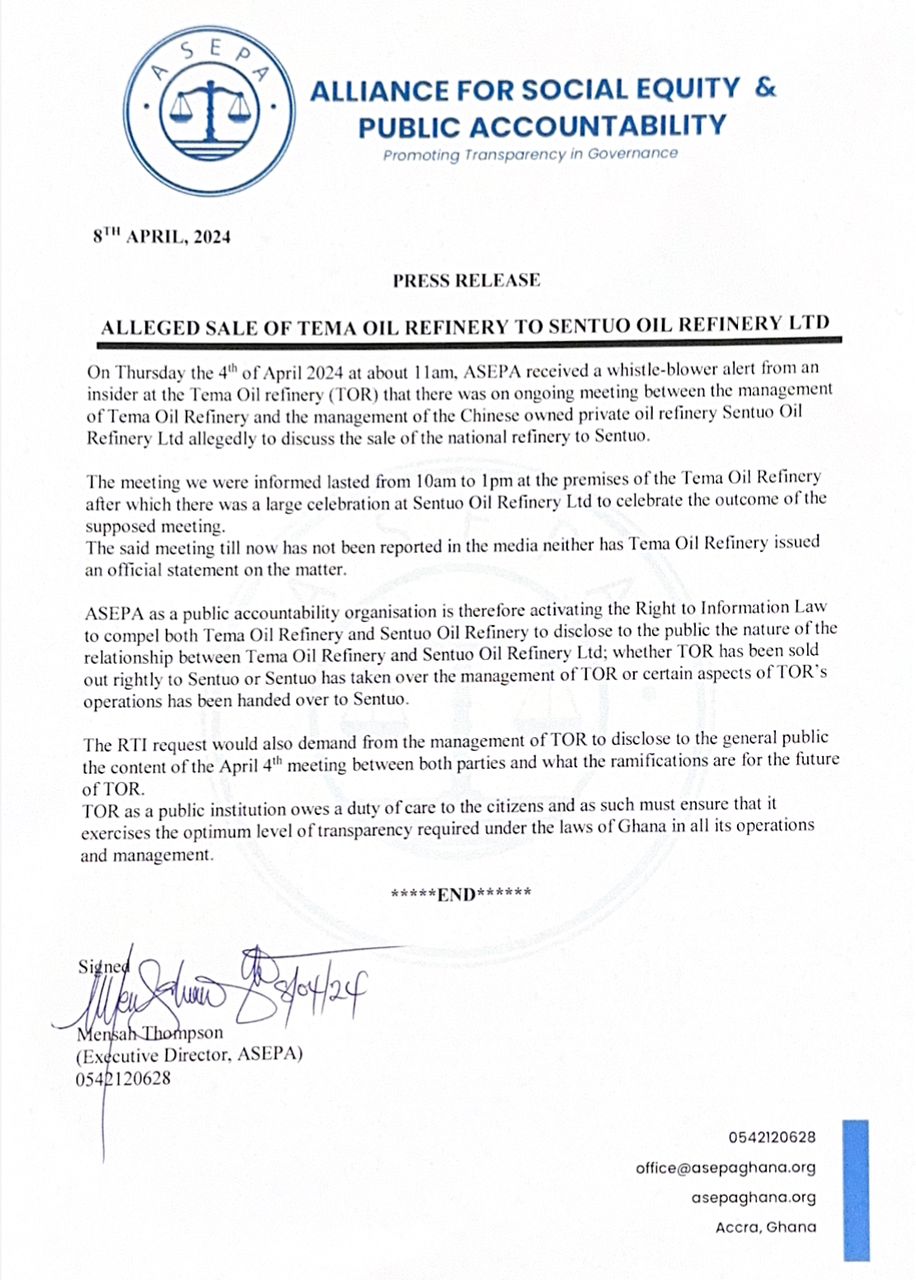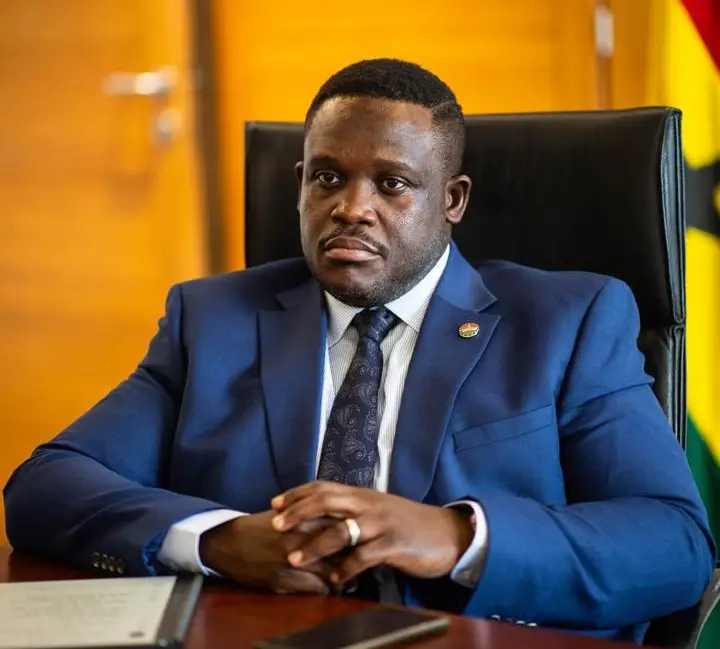
Government should enact a law that will ban the importation, use and sale of fossil fuel vehicles, participants at a two-day workshop on climate change have advocated.
Fossil fuel comprises hydrocarbons, primarily coal, fuel oil or natural gas, formed from the remains of dead plants and animals.
The participants added that the decision was to meet national climate targets under international agreement such as the Kyoto Accord and the Paris Agreement as well as reduce carbon emissions that caused climate change.
"Dozens of countries including China, India, and Japan, which are the largest auto market companies in the world, will by 2040 stop the use of fossil fuel cars, due to its impact on the environment which possibly would be a business initiative for others, hence the need to enact a law to its effect," they suggested.
Speaking at the event organised by the Ghana Journalists Association (GJA) in collaboration with the International Federation Journalists (IFJ) to improve the capabilities of journalists who report on climate change and the environment, Martin Segtub, lecturer and climate change communication researcher, observed that the transport and energy industry contributed heavily to the negative impact of climate change.
He said the transport industry contributed 47.7 per cent with reference to the emission of green gas, while energy contributed 34.7 per cent.
Mr Segtub noted that "though they are not the only factors of climate change," he called on all to help minimise its effect, because most of the gases emitted into the air, weigh back in centuries due to man-made activities and would have to work towards it to address the situation.
He stated that human activities such as population growth, urbanisation, habitat destruction, resource depletion, pollution of the oceans and environmental degradation result in hunger, food insecurity, malnutrition and death.
Bright Blewu, a member of the National Media Commission who chaired the workshop, said journalists have a crucial role to play in reducing the causes and effects of climate change, adding that their work could achieve the maximum effect if they helped national leaders to recognise climate change as a problem.
He said journalists needed to bring issues of climate change and the environment at large at the forefront of their reportage, pointing out that, "Climate change knows nobody and has no boundary, if something bad is done here, it affects other countries. We need to protect our environment and ensure that things that destroy our environment are curtailed."
Mr Pa Louis Thomasi, the Director of IFJ Africa Office, Dakar, giving his account said research has shown that there were shortfalls in terms of climate change reportage in Africa though the continent was the most vulnerable.
"Journalists must allow themselves to be used as tools to educate the public on the subject matter. We need to create awareness on climate change that is geared towards attitudinal change," he added.
Mr Affail Monney, president of the association said journalists needed to be environmentally sensitive, so they could deal with climate change, and advised them to monitor the roles and responsibility of state actors on climate change and play their watchdog effectively.
Read Full Story

























Facebook
Twitter
Pinterest
Instagram
Google+
YouTube
LinkedIn
RSS